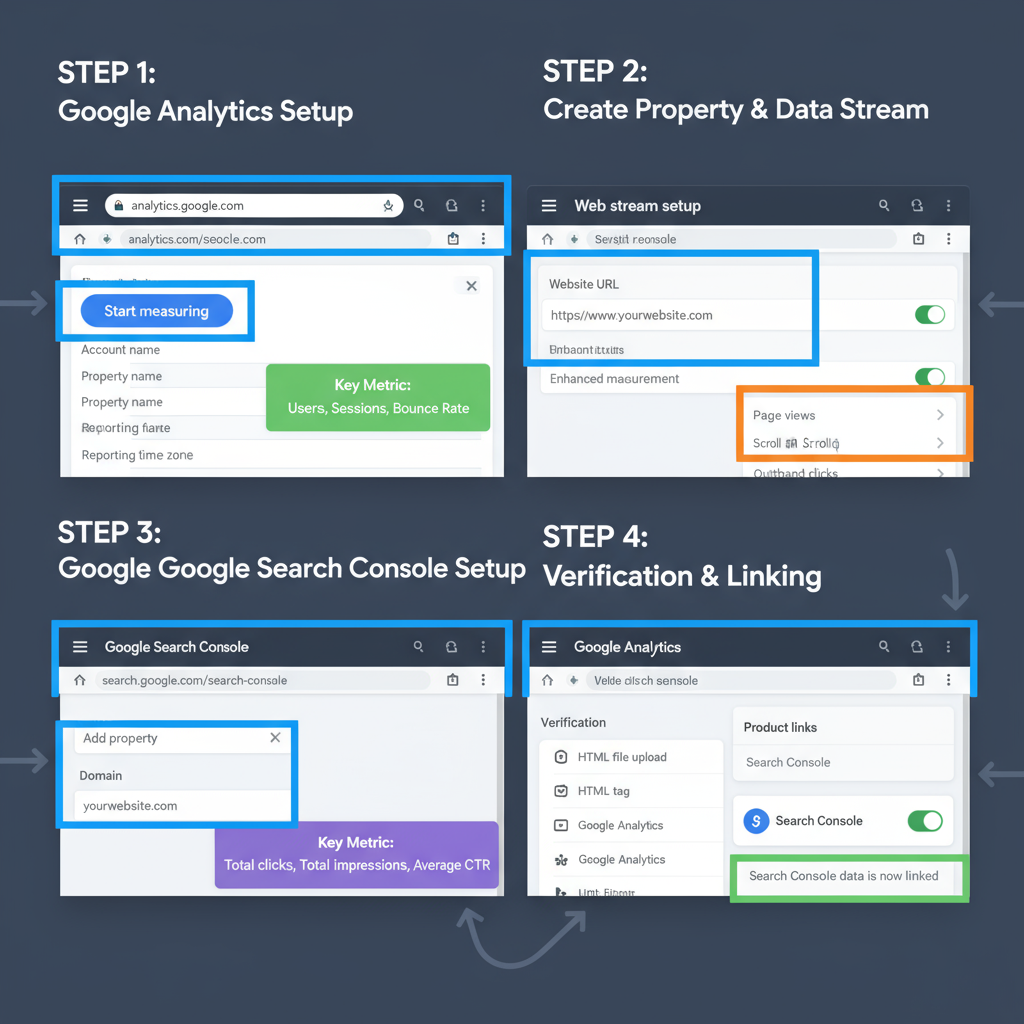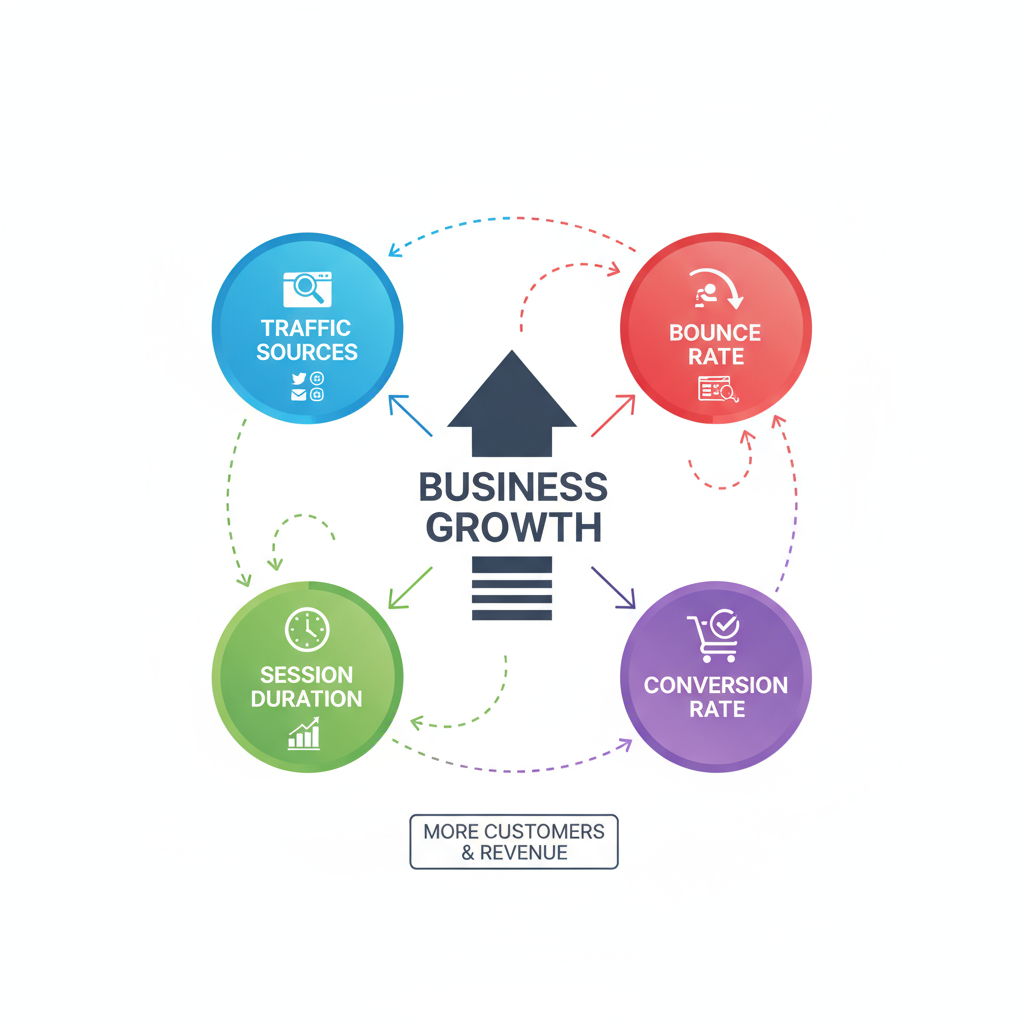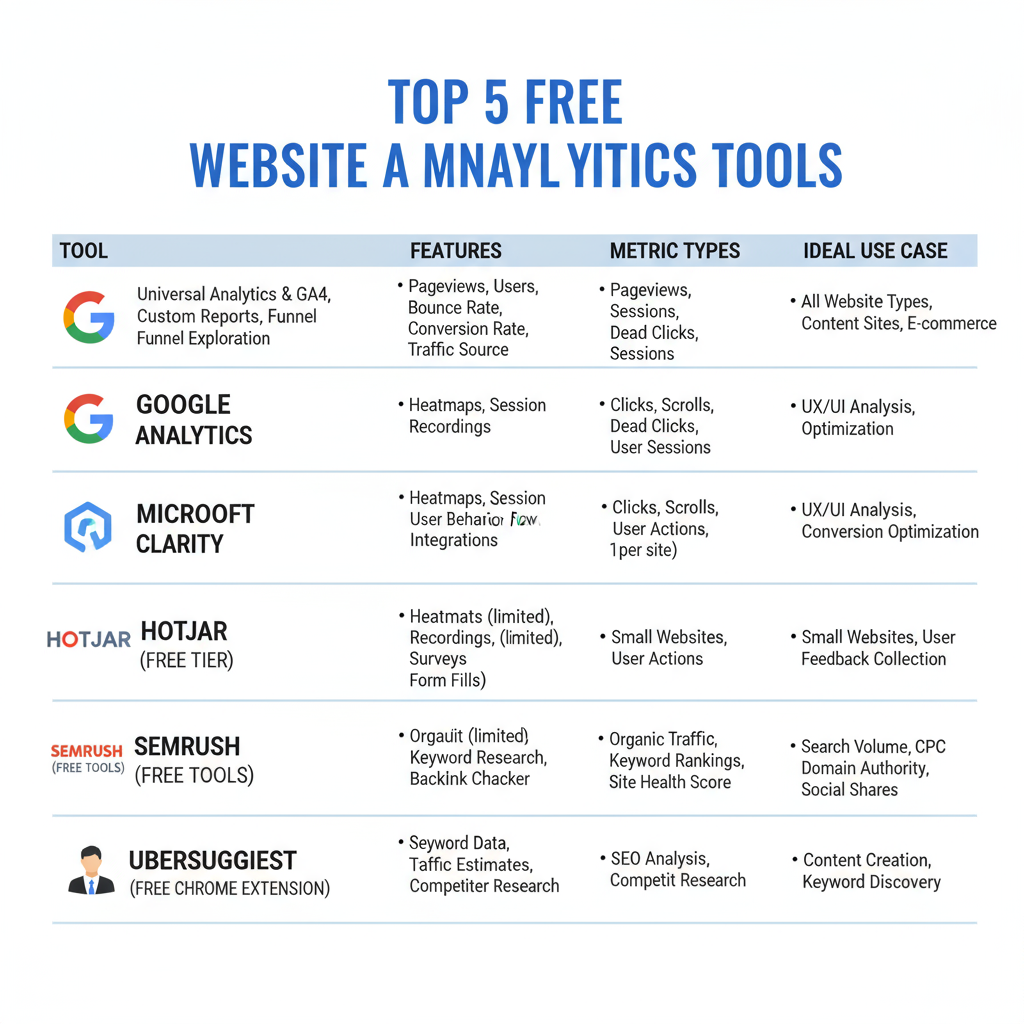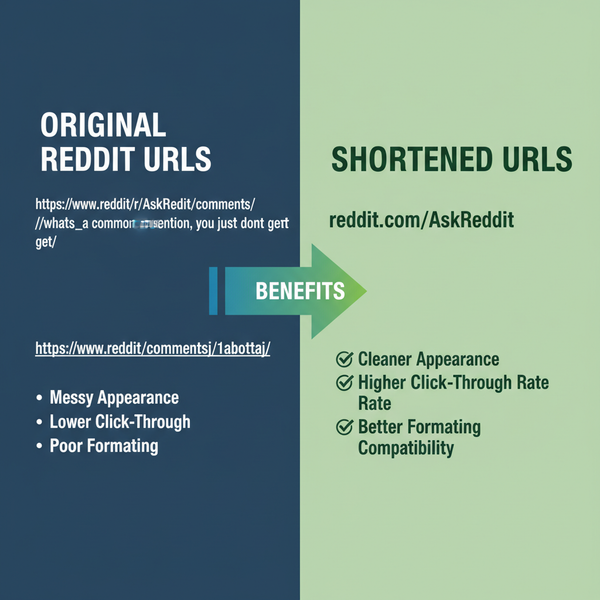10 Best Free Website Analytics Tools for Traffic Growth
Discover the top free website analytics tools to track traffic, monitor SEO, and analyze user behavior for boosting engagement and conversions.

Introduction: Importance of Free Website Analytics Tools for Business Growth
In today’s competitive digital environment, your website is often the first gateway to your brand. Building and launching it is just the beginning — the real growth comes from understanding user behavior through website analytics tools free of cost. These tools allow you to gather, analyze, and act on visitor data, helping you attract the right audience, improve engagement, and boost conversions.
Without these insights, you’re essentially flying blind. Analytics clarify which strategies work, reveal your audience’s journey, and pinpoint areas ripe for optimization — all of which are critical for scaling your online presence efficiently.

---
Key Website Metrics That Matter
Before diving into the leading free website analytics tools, it’s essential to know the most valuable metrics for traffic growth and conversion increases.
- Traffic Volume – How many visitors land on your website in a given period.
- Bounce Rate – The percentage of visitors who leave after viewing a single page.
- Conversion Rate – The percentage of visitors who complete a target action (purchase, signup, etc.).
- Traffic Sources – Entry channels (organic search, referral, direct visit, paid ads).
- Average Session Duration – The average amount of time visitors spend per visit.
- Pages per Session – How many pages a visitor views in one session.
Tracking these KPIs helps you identify what content or campaigns are driving results and what needs refinement.

---
Google Analytics: Comprehensive, Industry-Standard Insights
Google Analytics remains the most widely adopted website analytics tool, offering a deep dive into user activity and behavior.
Setup Steps
- Create and log in to your Google Analytics account.
- Add your website property.
- Install the tracking code in your site’s `` section.
- Confirm setup through the GA dashboard.
Notable Features
- Audience demographics and geolocation data.
- Real-time traffic view.
- Acquisition channel details.
- Conversion tracking and goal creation.
Pros: Comprehensive, integrates with Google Ads & Search Console.
Cons: Steep learning curve, limited granularity from privacy rules.
---
Google Search Console: Essential for SEO Monitoring
Google Search Console (GSC) is a must-have analytics service for understanding your site’s search visibility.
Search Performance Tracking
See keyword performance, click-through rates, and search terms bringing in visitors.
Indexing and Technical Updates
Get alerts on indexing errors, mobile usability issues, and security problems. You can also submit sitemaps to ensure comprehensive crawling.
Pro Tip: Combine GSC insights with Google Analytics to strengthen your SEO strategy.
---
Matomo: Privacy-Focused Analytics
Matomo offers an open-source alternative to GA, designed for businesses prioritizing data privacy.
Key Advantages
- Complete data ownership.
- Full GDPR compliance.
- Flexible, customizable dashboards.
You can run it on your own server or opt for their hosted solution.
---
Clicky: Real-Time Website Tracking
Clicky stands out for its live analytics interface and easy usability.
Features
- On-the-spot traffic updates.
- Heatmaps for individual visitors.
- Automatic uptime monitoring.
Ideal For: SMEs that require fast campaign feedback.
---
Hotjar: Visualize User Behavior
Hotjar complements numerical data with visual analytics.
Heatmaps & Session Videos
Identify where users click, scroll, or stop engaging, and replay user sessions for deeper understanding.
Benefits: Perfect for UX optimization and improving conversions with layout/design changes.

---
Microsoft Clarity: Unlimited Behavior Insights
Microsoft Clarity provides a cost-free solution focused on behavior analytics without data sampling.
Distinctive Features
- Scroll maps to visualize content consumption.
- Privacy-compliant session recordings.
- Rage click analysis to detect navigation frustration.
Advantage: Unlimited storage for heatmaps and recordings at no charge.
---
Woopra: Mapping the Customer Journey
Woopra is another robust platform, catering particularly to SaaS and e-commerce sites.
Benefits
- Tracks user activities across multiple devices.
- Powerful event tracking.
- Real-time analytics for the entire buyer journey.
---
Statcounter: Simplicity for Beginners
Statcounter offers straightforward analytics ideally suited for those just starting out.
Use Cases
- Monitor visitor counts and trends.
- See popular pages and user sessions without excessive complexity.
---
Yandex Metrica: Feature-Rich and Free
Yandex Metrica, from Russia’s leading search engine, delivers advanced features completely free.
Major Highlights
- Session replay tools.
- Detailed traffic source data.
- Form analytics to diagnose funnel drop-offs.
---
Comparison Table: Choosing the Best Free Website Analytics Tool
| Tool | Best For | Main Features | Learning Curve |
|---|---|---|---|
| Google Analytics | Comprehensive traffic & conversion data | Real-time, audience, acquisition, goals | Moderate-High |
| Google Search Console | SEO monitoring | Keyword data, indexing reports | Low |
| Matomo | Privacy-focused | Self-hosted, customizable dashboards | Moderate |
| Clicky | Real-time monitoring | Heatmaps, uptime checks | Low |
| Hotjar | UX optimization | Heatmaps, session recording | Low |
| Microsoft Clarity | Behavior tracking | Scroll maps, rage click detection | Low |
| Woopra | Customer journey mapping | Cross-device tracking, events | High |
| Statcounter | Basic traffic data | Visitor logs, popular pages | Low |
| Yandex Metrica | Advanced features free | Session replay, form analytics | Moderate |
---
Practical Tips to Leverage Analytics for Growth
- Spot Underperforming Pages – Use engagement and bounce metrics to identify areas needing changes.
- Maximize Keyword Opportunities – From GSC, enhance content targeting keywords with good impressions but low CTR.
- Fine-Tune Calls-to-Action – A/B test CTAs and monitor conversion improvements.
- Apply Heatmap Insights – Adjust layouts to make popular click areas more prominent.
- Optimize Site Performance – Track and improve page load times for better user satisfaction and rankings.
---
Conclusion and Next Steps
Free website analytics tools equip businesses with powerful insights to refine strategy, enhance user experience, and spur growth. Combining Google Analytics for traffic data, Google Search Console for SEO visibility, and behavioral tools like Hotjar or Microsoft Clarity gives you a complete performance picture.
Action Plan:
- Select your primary and secondary analytics tools.
- Implement tracking scripts immediately.
- Schedule regular reviews — ideally weekly — and set measurable benchmarks.
Start using these free resources today to foster sustained website improvement, increase engagement, and achieve higher conversions.




